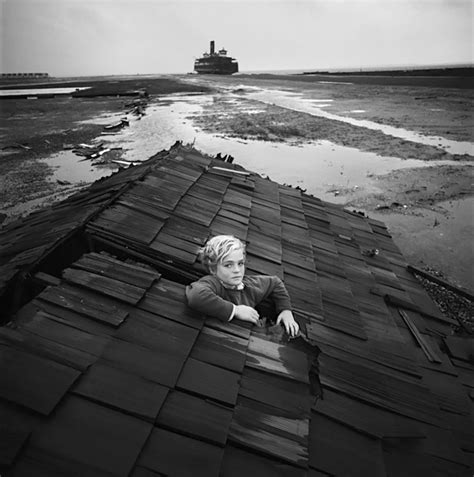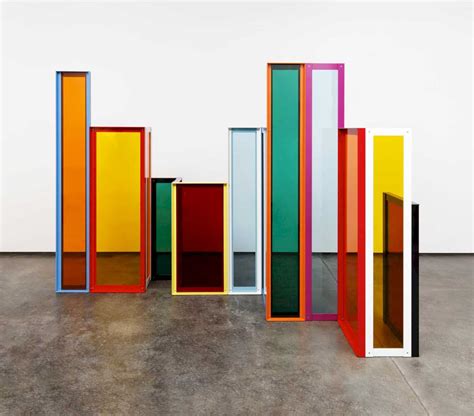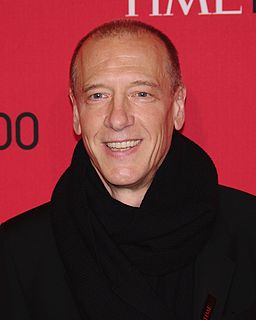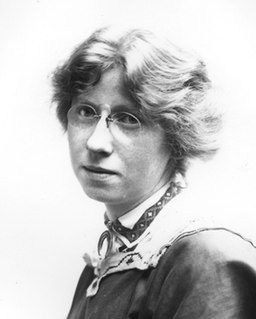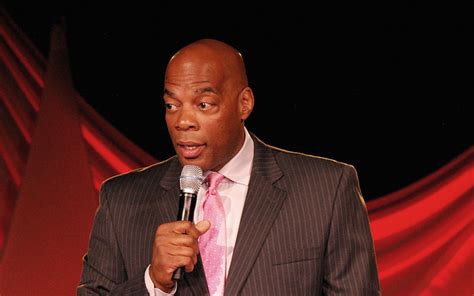A Quote by Don McCullin
Many people misunderstand me - I'm quite happy to be called a photographer. All of a sudden, the art world has caught up with photography, and they are trying to hijack us.
Quote Topics
Related Quotes
To us, the difference between the #? photographer as an individual eye and the photographer as an objective recorder seems fundamental, the difference often regarded, mistakenly, as separating photography as art from #? photography as document. But both are logical extensions of what photography means: note-taking on, potentially, everything in the world, from every possible angle.
I collect art on a very modest scale. Most of what I have is photography because I just love it and it makes me happy and it looks good in my home. I also have a pretty big collection of art books mainly, again, on photography. A lot of photography monographs, which is great because with photography, the art itself can be reproduced quite well in book form.
Photography for me has been tremendously good, because I'm not a very sociable person. I'm happy reading or sitting in the library or going for walks. So photography has brought me in contact with people and made me understand people in a way that I probably wouldn't have done if I hadn't been a photographer. And so I'm grateful for that, really.
When you say documentary, you have to have a sophisticated ear to receive that word. It should be documentary style, because documentary is police photography of a scene and a murder ... that's a real document. You see, art is really useless, and a document has use. And therefore, art is never a document, but it can adopt that style. I do it. I'm called a documentary photographer. But that presupposes a quite subtle knowledge of this distinction.
Photography has an amazing ability to capture the fine detail of surface textures. But far too often these intricate patterns are loved by the photographer for their own sake. The richness of texture fascinates the eye and the photographer falls easy prey to such quickly-caught complexities. The designs mean nothing in themselves and are merely pictorially attractive abstractions. A central problem in contemporary photography is to bring about a wider significance in purely textural imagery.
I think when people struggle with the problem of trying to understand the art world as an idea, they misunderstand it. They think it's a world of visionaries or opportunists. But it also includes people who want to take part in this cultural exercise but don't have the required stuff, they don't have the ideas or the production.






